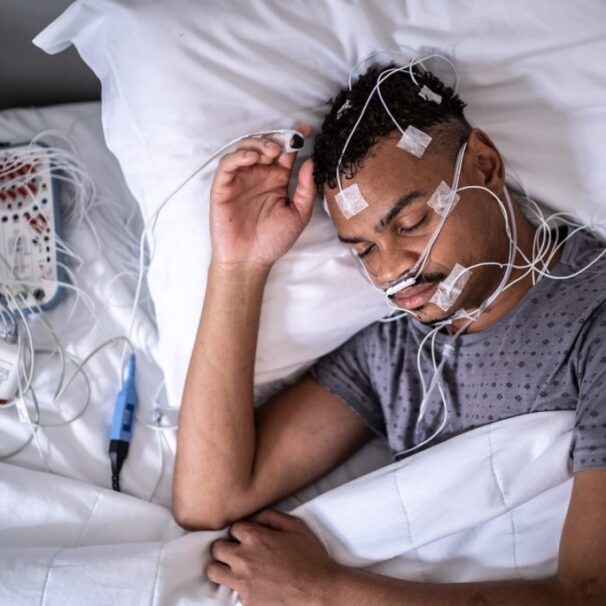HealthProviders DB is a comprehensive database of healthcare providers, including a complete directory of all Internal Medicine Physicians Specializing in Sleep Medicine.
Internal Medicine Healthcare Taxonomy Code 207RS0012X
As of today, the following are the total number of Internal Medicine Physicians Specializing in Sleep Medicine nationally, in your state, and near your location.
Select a State below to view the list by State. Additionally, you can narrow the list by city, among other options, from the Filter Panel, which you can open by clicking the vertical ellipses ⋮ in the upper right corner of the app.
Alaska – Alabama – Armed Forces Pacific – Arkansas – American Samoa – Arizona – California – Colorado – Connecticut – District of Columbia – Delaware – Florida – Federated States of Micronesia – Georgia – Guam – Hawaii – Iowa – Idaho – Illinois – Indiana – Kansas – Kentucky – Louisiana – Massachusetts – Maryland – Maine – Marshall Islands – Michigan – Minnesota – Missouri – Northern Mariana Islands – Mississippi – Montana – North Carolina – North Dakota – Nebraska – New Hampshire – New Jersey – New Mexico – Nevada – New York – Ohio – Oklahoma – Oregon – Pennsylvania – Puerto Rico – Palau – Rhode Island – South Carolina – South Dakota – Tennessee – Texas – Utah – Virginia – Virgin Islands – Vermont – Washington – Wisconsin – West Virginia – Wyoming
Medicare
The following are the total number of Internal Medicine Physicians Specializing in Sleep Medicine who accept Medicare in your state, the number who have opted out of Medicare, and the total number excluded from participation in Medicare nationwide.
The diagram below shows all the Sleep Medicine Internal Medicine Physicians across the country, represented by blue bubbles. The larger the bubble, the greater the concentration of providers in that area. Red bubbles represent Medicare-excluded providers, with the larger bubbles indicating a higher percentage of excluded providers in that region. You can change the bubble size to be based on exclusions from the Size menu.
What do Internal Medicine Physicians Specializing in Sleep Medicine do?
An Internal Medicine Physician specializing in Sleep Medicine diagnoses and treats sleep disorders such as insomnia, sleep apnea, narcolepsy, and restless leg syndrome.
They provide care by evaluating symptoms, conducting sleep studies to monitor sleep activity, and creating personalized treatment plans that may include lifestyle changes, behavioral therapies (such as Cognitive-Behavioral Therapy), medical devices (such as CPAP), medication, and, in some cases, surgery.
What they do
Referrals: Working with other healthcare providers for surgical or psychological interventions when needed.
Diagnose and Evaluate: They use clinical assessments, sleep histories, and physiological testing, including sleep studies (polysomnography) performed in a sleep lab, to identify the specific sleep disorder.
Treat Sleep Disorders: They manage a wide range of conditions affecting the sleep-wake cycle, including:
Insomnia: (difficulty falling or staying asleep)
Sleep Apnea: (breathing interruptions during sleep)
Narcolepsy: (excessive daytime sleepiness)
Restless Legs Syndrome: (uncomfortable leg sensations)
Circadian Rhythm Disorders: (disruptions to the body’s internal clock)
Parasomnias: (undesired events during sleep, such as sleepwalking or nightmares)
Develop Treatment Plans: They create individualized plans that may include:
Lifestyle Modifications: Adjusting sleep routines and improving sleep hygiene.
Behavioral Therapies: Techniques such as Cognitive Behavioral Therapy for Insomnia (CBT-I) aim to change thoughts and behaviors that disrupt sleep.
Medical Devices: Using devices such as CPAP (Continuous Positive Airway Pressure) machines for sleep apnea.
Medications: Prescribing appropriate medications for short-term or long-term management.

